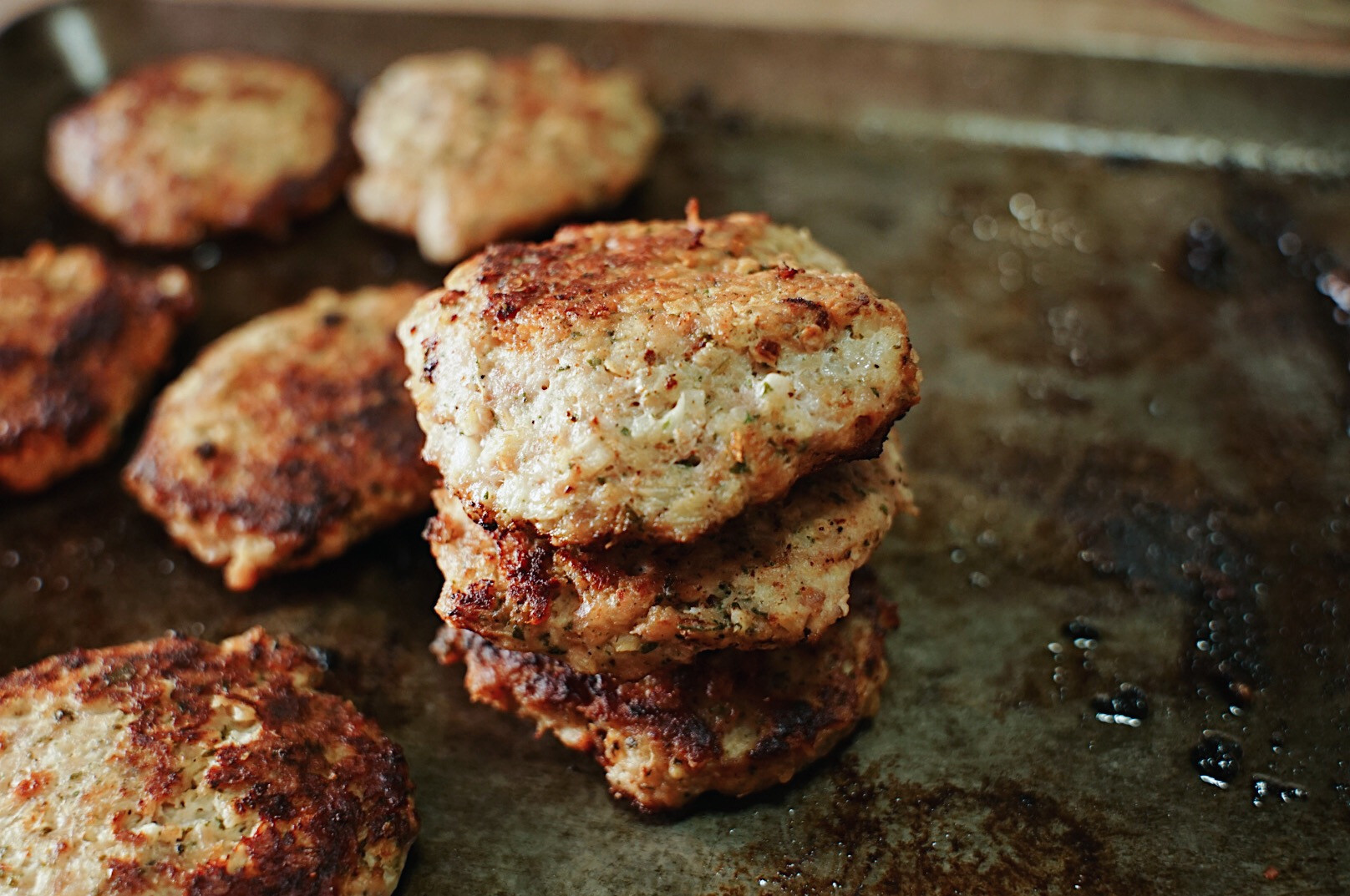Health Benefits of Pasture-Raised Turkeys
posted on
October 16, 2024

When it comes to selecting the healthiest and most sustainable sources of poultry, pasture-raised turkeys offer numerous advantages over their industrially farmed counterparts. Not only do pasture-raised turkeys enjoy a better quality of life, but they also provide a wealth of health benefits for consumers. Let's explore how our turkeys at The Maker's Meadow differ from industrially raised birds and why they are worth considering for your next meal.
Higher Nutrient Density
One of the standout differences between pasture-raised and industrially farmed turkeys is the nutrient profile. Pasture-raised turkeys, allowed to roam freely and forage for natural foods like grasses, seeds, and insects, tend to have a more diverse diet. This varied diet translates to a healthier, more nutrient-dense meat.
More Omega-3 & Less Omega-6: Studies have shown that pasture-raised turkeys contain higher levels of omega-3 fatty acids compared to turkeys raised in confined, grain-fed environments. Omega-3s are essential for heart health, reducing inflammation, and improving brain function. Industrially raised turkeys often consume a diet rich in corn and soy, which can lead to an imbalance of omega-6 fatty acids. This imbalance is linked to higher inflammation in the body and can contribute to various health problems such as heart disease and arthritis. Pasture-raised turkeys, by contrast, have a healthier omega-6 to omega-3 ratio.
Higher Levels of Antioxidants and Vitamins: Free-ranging turkeys consume a more natural diet that results in higher levels of important antioxidants like vitamin E, which supports immune function and skin health, and beta-carotene, which converts into vitamin A and supports vision and cellular growth.

Lower in Harmful Additives
Industrial turkey farming practices often include the use of antibiotics and growth promoters to boost production and prevent disease in overcrowded conditions. Over time, this practice has raised concerns about antibiotic resistance and its long-term effects on human health.
No Antibiotic Residue: Pasture-raised turkeys are typically raised without antibiotics, allowing consumers to avoid unnecessary exposure to these drugs. This is particularly beneficial for those trying to reduce their intake of antibiotic-laden foods.
No Hormones or Synthetic Additives: Pasture-raised birds generally aren’t given hormones or synthetic additives, making them a cleaner option compared to industrially raised turkeys.
Improved Fat Profile and Leaner Meat
Pasture-raised turkeys tend to be leaner due to their active lifestyles, foraging in fields and moving about naturally. This results in less fat compared to industrially raised turkeys, which are often kept in confined spaces and fed high-calorie, grain-based diets to promote rapid growth.
Lean Protein Source: Pasture-raised turkey is an excellent source of lean protein. Protein is essential for building muscle, maintaining metabolic health, and supporting various bodily functions.
Healthier Fat Composition: The fat that pasture-raised turkeys do contain is generally healthier due to their active, natural lifestyle. Their fat is often richer in beneficial omega-3s and contains lower levels of unhealthy saturated fats, making pasture-raised turkey a better option for heart health.
More Humane and Sustainable Practices
Though the health benefits of pasture-raised turkeys are significant, it's also important to consider the ethical and environmental impacts. Pasture-raised turkeys typically live in environments where they have room to roam, access to fresh air, and a natural diet. This is a stark contrast to industrial farming, where turkeys are often confined to small spaces and raised in less humane conditions.
No Factory Farming Practices: By supporting pasture-raised turkey farms, consumers can avoid supporting the industrial farming practices that contribute to environmental degradation, such as the overuse of pesticides, excessive water use, and pollution from concentrated animal feeding operations.
Better Animal Welfare: Turkeys that are raised in pastures experience lower levels of stress and have healthier immune systems due to their more natural and humane living conditions. This often translates into healthier, less disease-prone birds that don’t require intensive antibiotic use.
Enhanced Flavor & Freshness
Beyond health and ethical considerations, pasture-raised turkeys also offer superior flavor. Because of their varied diet and natural lifestyle, the meat from pasture-raised turkeys is often described as richer, more complex, and with a better texture than that of industrially raised turkeys. This makes them a favorite among chefs and food enthusiasts alike.
Pasture-raised turkeys are also typically fresher for consumers because they are often sourced from local or small-scale farms like ours, which prioritize quality over mass production. These turkeys are usually processed in smaller batches, ensuring they are delivered more quickly and with less time spent in storage or transport.
The shorter supply chain means the bird's natural flavors and textures are fully preserved. This freshness translates into better taste and higher nutritional value, giving consumers a superior product compared to turkeys that undergo long shipping times and extended storage in industrial settings.
Choosing Better for Your Health and the Planet
While pasture-raised turkeys may come at a slightly higher price than industrially farmed options, the health benefits they provide—from better nutrient content to the absence of harmful additives—are well worth the investment. By choosing pasture-raised turkeys, you're not only supporting your own health but also promoting more sustainable farming practices that are better for the environment and animal welfare.

The long-term benefits of going pasture-raised and buying from us here at The Maker's Meadow far outweigh the cost differential of your average store-bought turkey. So if you still need a Thanksgiving Turkey, click here to order one!



